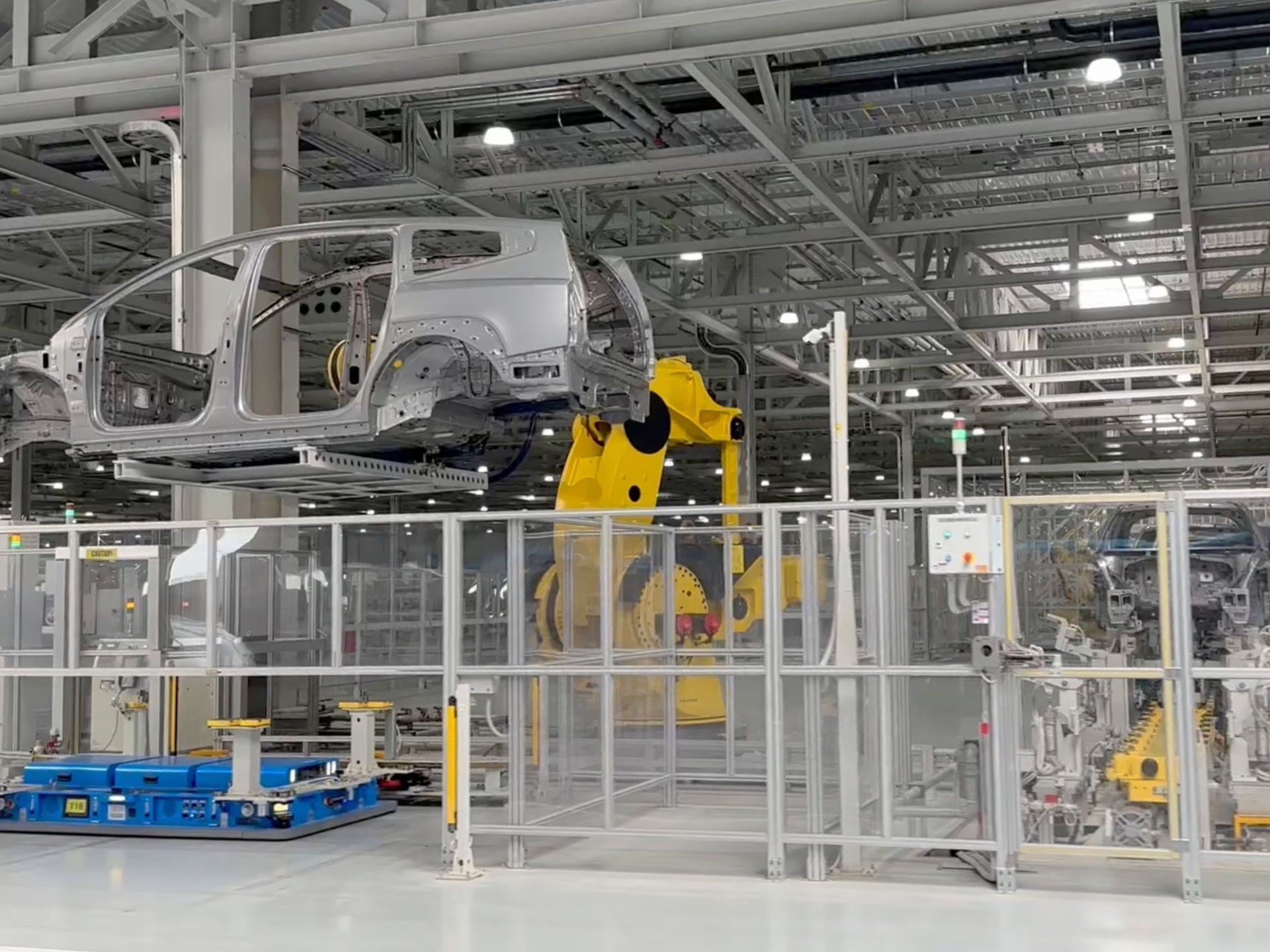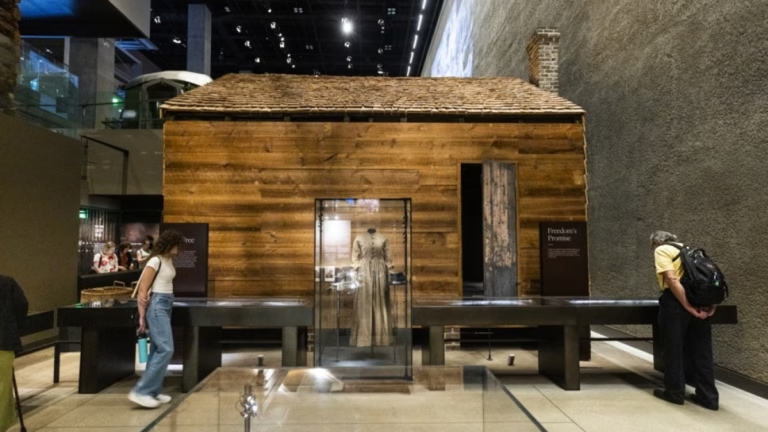President Donald Trump’s strategy to implement wide-ranging tariffs on foreign products intends to encourage international manufacturers to establish their operations in the United States and create job opportunities for Americans. In an interview with the conservative news outlet Newsmax, Trump asserted that his policy is already producing positive outcomes. According to the White House, the recent expansion plans announced by car manufacturers such as Hyundai, Stellantis, and Honda serve as evidence of the success of his approach. However, automotive industry experts have questioned the authenticity of Trump’s claims, arguing that the announcements primarily involve the allocation of additional resources to existing facilities and may not necessarily materialize.
University of Toronto business history professor Dimitry Anastakis, who recently published a book on the North American auto industry, believes that it is premature for the president to take credit for such developments given his limited time in office. He notes that plants are typically planned years in advance. Furthermore, there is no available data supporting the claim that the recent announcements represent a record level of automotive manufacturing investment.
Three foreign-based carmakers have recently announced significant investments in US production. Hyundai will expand its production capacity in Georgia and Alabama, with a planned investment of approximately $21 billion in the United States, including a $5.8 billion steel plant in Louisiana. Honda intends to manufacture its next-generation Civic hybrid vehicle in Indiana, instead of Mexico. Stellantis will invest $5 billion in the US, including the reopening of an assembly plant in Belvidere, Illinois, to produce midsize trucks.
Experts have raised caution, pointing out that these announcements are subject to change before they materialize and do not involve the construction of new automobile plants as Trump mentioned. Instead, they represent increased production at existing plants or the reopening of a closed facility. Companies like Hyundai, Honda, and Stellantis may expedite already planned launches to accommodate political circumstances, allowing Trump to present these moves as “wins.”
It is worth noting that automobile manufacturing investment has been on the upswing since before Trump’s presidency. From 2000 to the end of September 2024, companies have announced $208.8 billion in EV manufacturing investments and the creation of around 240,000 jobs. This development can be attributed to the Bipartisan Infrastructure Law and the Inflation Reduction Act signed by President Joe Biden. According to Atlas Public Policy, more than half of these investments were announced after Biden signed the Inflation Reduction Act in 2022, with about three-quarters of the investment under construction or operational by October 2024.
While the Trump administration downplays the significance of Biden-era investments, citing some delays and cancellations, it is important to recognize that future plans for investments are uncertain, and it remains to be seen whether these announcements will come to fruition.
Source: https://www.aljazeera.com/news/2025/4/2/are-us-car-plants-being-built-at-record-rates-as-trump-claims?traffic_source=rss








